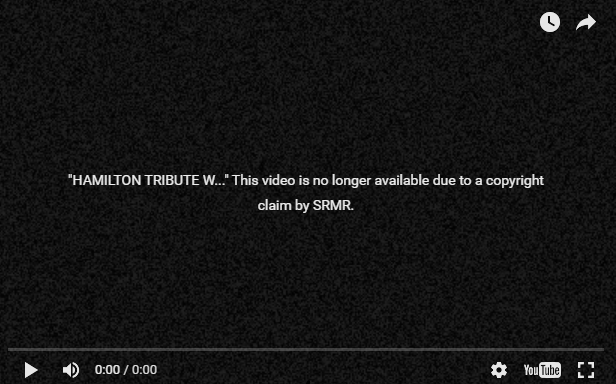
On September 2, 2017, the Government of Canada published the proposed Breach of Security Safeguards Regulations (“Regulations”). The proposed Regulations provide additional clarity and substance to the mandatory requirements for breaches of security safeguards which were added to Canada’s Personal Information Protection and Electronic Documents Act (PIPEDA) in June 2015 but have yet to be declared into force. The Government of Canada will be accepting comments on the proposed Regulations until October 2, 2017.
The new breach notification requirements will add significant financial and administrative burdens for organizations handling personal information regulated by PIPEDA, including organizations located outside of Canada which collect, use or disclose personal information about Canadian individuals.
Continue reading “Canadian Breach of Security Safeguards Regulations Published for Comment”







